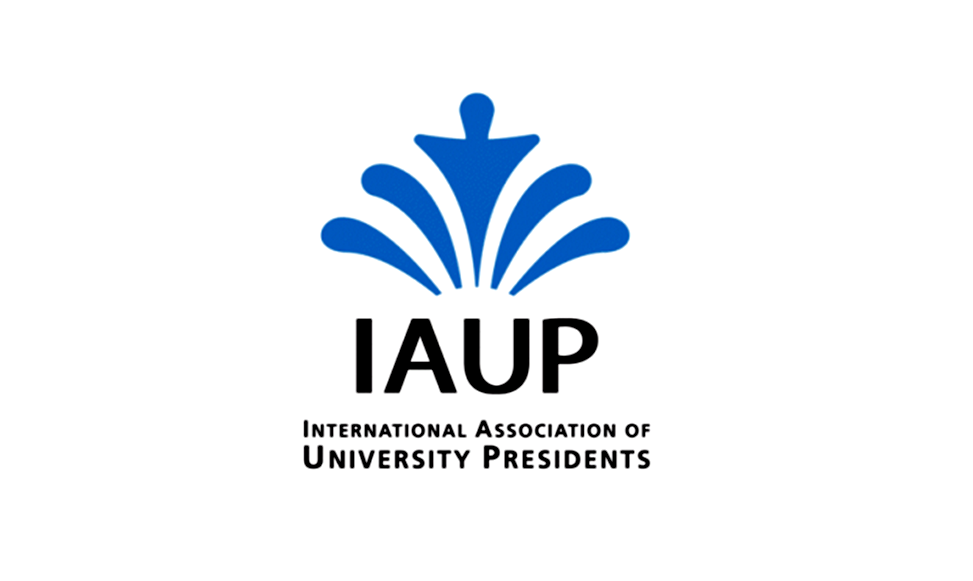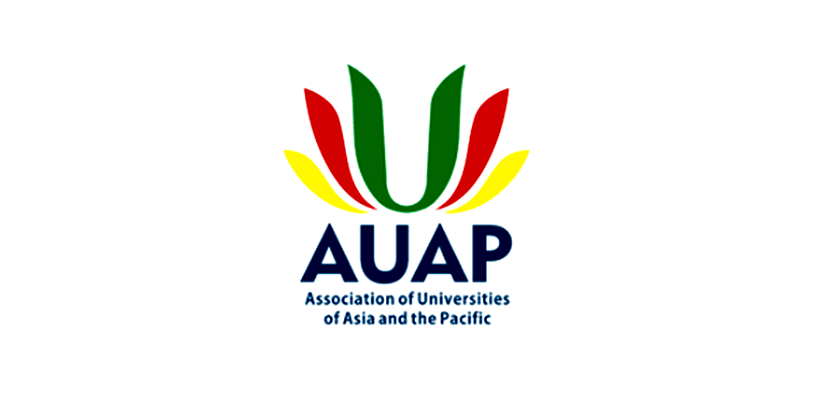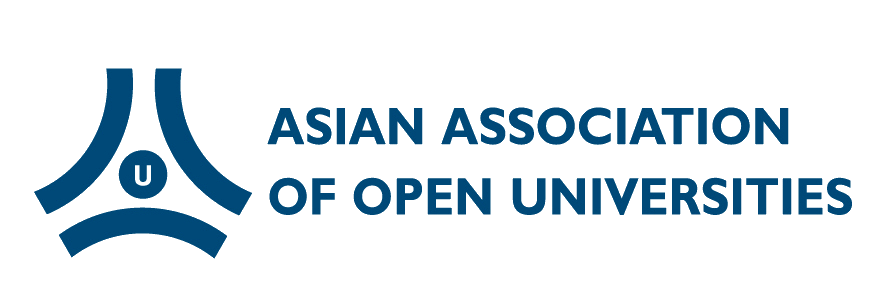College News
We School Has Reached A Comprehensive Strategic Cooperation With Centro Escolar University

News from our school: The International Exchange Center and Cooperation Office of our school, through many consultations with colleagues from various departments of Centro Escolar University, adhere to the principles of academic rigor, international cooperation, and educational fairness. On July 18, 2022, our school will Chancellor and Chairman of the Supervisory Board Ms. M.F.A. Mika Kin and President and Chief Academic Officer of Centro Escolar University Ma. Cristina D. Padolina, Ph.D. signed the "APSB and CEU Comprehensive Strategic Cooperation Sister School Agreement". The two universities have reached a comprehensive partnership on academic affairs such as student exchange, high-level mutual visits, mutual recognition of credits, course docking, academic exchanges, and shared cross-certification.
Academician Jhenming Jhuang, the dean of our school, spoke highly of the cooperation. He said: "The comprehensive cooperation between our school and CEU is the fruit of The Asia Pacific School of Business's exploration of open education and global education. We will build on it and focus on academic ethics. and ethics, to accelerate the steady improvement of international teaching and research management capabilities, so as to promote the connotation and sustainable development of students' internationalization of learning, curriculum diversification, and academic standardization, improve the teaching quality of business majors and expand the results of cooperative education, and provide students Going abroad for further study, exchange, and work provides more options.”
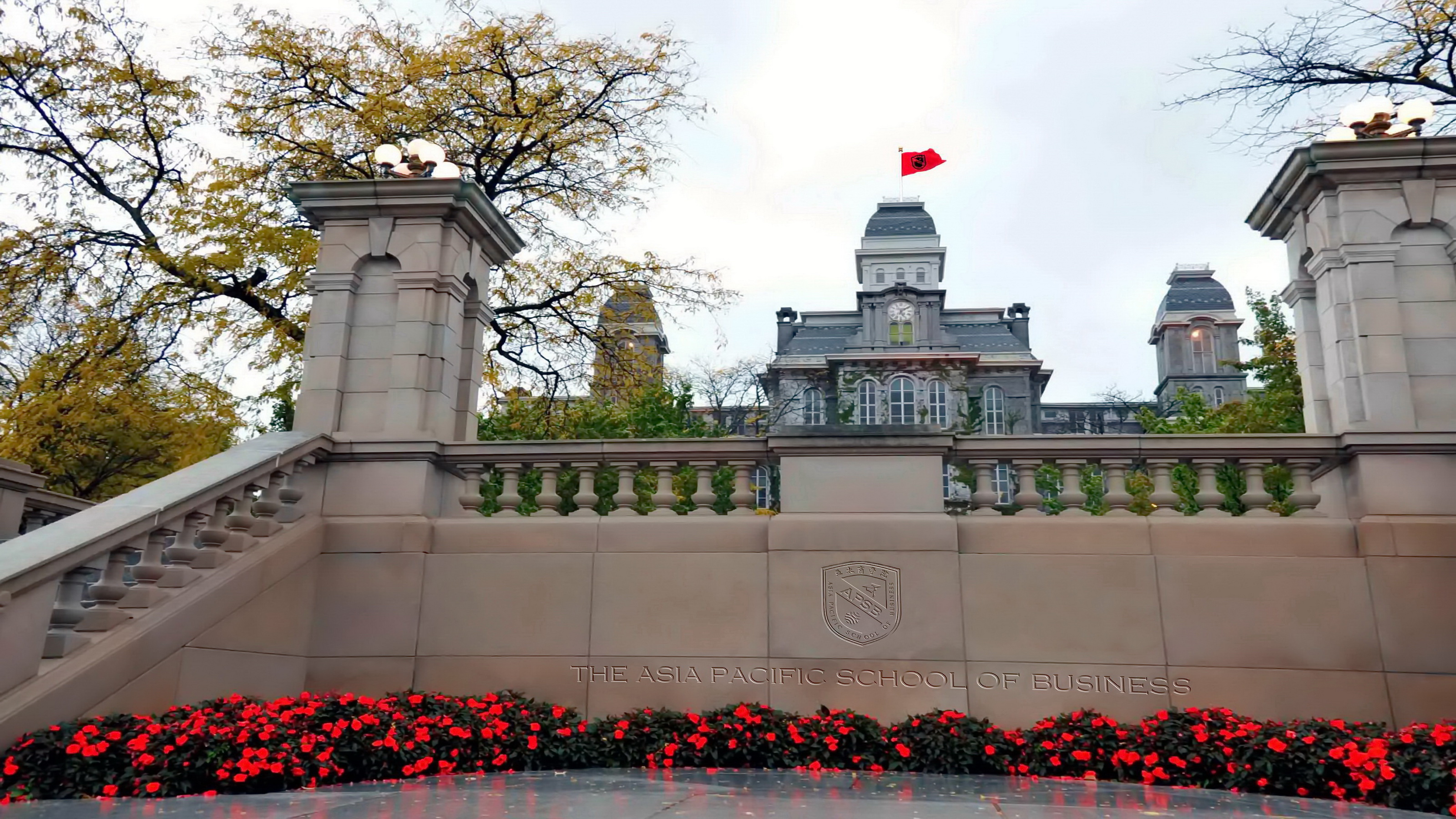
About The Asia Pacific School of Business
The Asia Pacific School of Business (APSB), as a business school integrat- ing the East and the West and rooted in the Asia Pacific region, the school takes "Asia Pacific depth and global breadth" as its positioning, features in- ternational school running, inherits the concept of "Kai Tak's ambition, kind- ness and fraternity", and is committed to cultivating business giants with in- ternational vision and actively undertaking social responsibilities.
The Asia Pacific School of Business is jointly registered and accredited by the Singapore, New Zealand and Cayman Islands ministries of education and the Council for Private Education. At the same time, the school is a member institution of Asian Association of Open Universities (AAOU), Association of Universities of Asia and the Pacific (AUAP), The International Council for Open and Distance Education (ICDE), Southeast Asian Ministers of Education Organization (SEAMEO), Accreditation Council for Business Schools and Programs (ACBSP) and The Association of MBA's & Business Graduates Association (AMBA's & BGA). At the same time, it has obtained the comprehensive accreditation of the international academic quality certification system Quality Matters (QM), EduTrust Education Quality Accreditation (EEQA), International Association for Quality Assurance in Higher Education (QAHE) and Commonwealth Continuing Professional Development (CPD) and Accreditation Service for International Schools, Colleges & Universities (ASIC). APSB is also accredited by the Council for Higher Education Accreditation (CHEA), Arab Academy for Management, Banking and Financial Sciences (AAMBFS) and the US Financial Industry Regulatory Authority (FINRA).
The Asia Pacific School of Business (APSB) has a team of professors who are erudite and good at teaching, who combine knowledge with practice. Professors of various professional degrees come from many countries and regions, and have rich experience in transnational teaching, research and practice. In addition, the Asia Pacific School of Business hires visiting professors from all fields around the world every year.
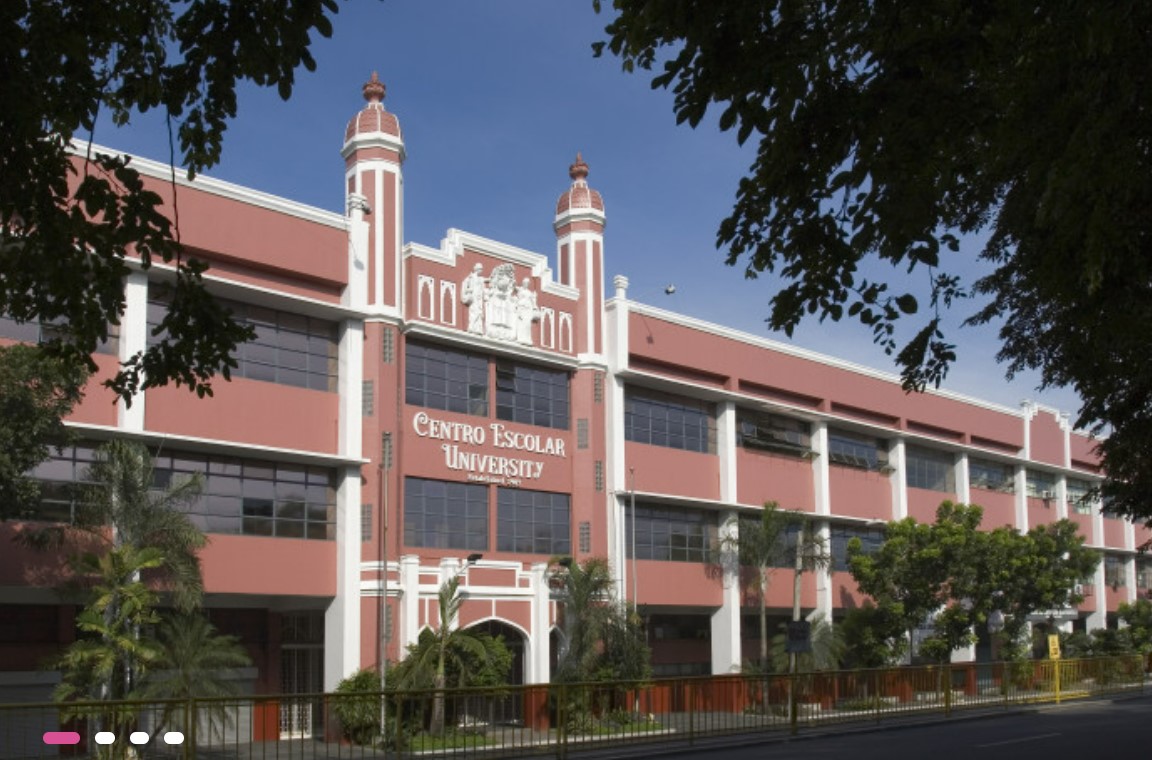
About Centro Escolar University
Centro Escolar was established on June 3, 1907 by Doña Librada Avelino and Doña Carmen de Luna for the instruction and training of the youth in all branches of the arts and sciences. With some benches, a single blackboard and a few books, the two educators steadfastly nurtured a dream of establishing a nationalistic center of learning for Filipino women. The first college, that of Pharmacy, opened in 1921. The Colleges of Liberal Arts, Education and Dentistry followed one after the other. Three years later, the College of Optometry was established.
With three campuses and over 50 academic programs, CEU has gone far beyond its founders' vision, building steps towards dreams and goals of the Filipino youth.
Today, as one of the leading educational institutions in the country, Centro Escolar University, upholds academic excellence by continually upgrading its curricula and facilities and maintaining a highly professional and dynamic teaching force and university staff.
For more than a century, Centro Escolar University has helped students realize their dreams of success and prominence in their chosen careers. Its campuses in Manila, Malolos and Makati not only provide a stimulating atmosphere for learning, but nurture ambition and motivation as well. Most of CEU's degree programs are accredited Levels II, III, and IV by the Philippine Association of Colleges and Universities Commission on Accreditation (PACUCOA) as certified by the Federation of Accrediting Agencies of the Philippines (FAAP). These accreditations attest to the excellence of the University’s programs - high standard of instruction, effective community extension programs, a robust research tradition, strong staff development program, favorable performance of graduates in licensure exams, productive partnerships with other schools and agencies, and a sustained quality assurance system.
In all CEU campuses, facilities are constantly upgraded with the latest in learning equipment and technology making the University a constant partner of PRC in the practical component of licensure examinations in Dentistry and Optometry. The Manila campus boasts of state-of-the-art computer technology facilities in its 7-storey Information Science Center, and a sports center with a gymnasium and swimming pool. The Malolos campus has a gymnasium and a mini-hotel while the Makati campus is operating the latest facilities in Gil Puyat and Legazpi Village. To fully support research activities, the University has modernized its library services and upgraded them with electronic-based research tools and new information resource acquisitions.
CEU was founded on June 3, 1907 as the “Centro Escolar de Señoritas” by two visionaries, Librada Avelino and Carmen de Luna, who were inspired by the patriotic movement to nationalize schools. They were cognizant of a need for a center of learning for Filipino women focused on teaching ideal womanhood, intelligent citizenry and democratic leadership that would instill in them the tenets of science and virtue. Kindergarten, elementary, general secondary, music and home arts courses were the first programs of instruction included in the curriculum.
The school was granted university status by the Philippine government in 1932 with Doña Librada as President. When she died in November 1934, her co-founder, Doña Carmen de Luna was elected as President by the Board of Directors.
CEU has steadily grown as an institution under the leadership of noted educators who have contributed much to the development of their respective professions. Following the leadership of the two founders, the succeeding presidents were:
Dr. Pilar Hidalgo-Lim, an educator and civic leader;
Dr. Dionisio C. Tiongco, a renowned scholar and educator;
Dr. Lourdes T. Echauz, a distinguished philanthropist and educator; and
Dr. Rosita L. Navarro, a recognized educator and advocate of the balance between globalization and Filipinization.
The current President, Dr. Ma. Cristina D. Padolina, was a former Commissioner of the Commission on Higher Education (CHED) and Chancellor of the University of the Philippines Open University.
With three campuses and over 50 academic programs, CEU has gone far beyond its founders' vision, laying claim to the distinction as the only higher education institution to have its array of institutional awards for quality.
International Exchange Center
Cooperative Education Office
Syndicated Feeds


